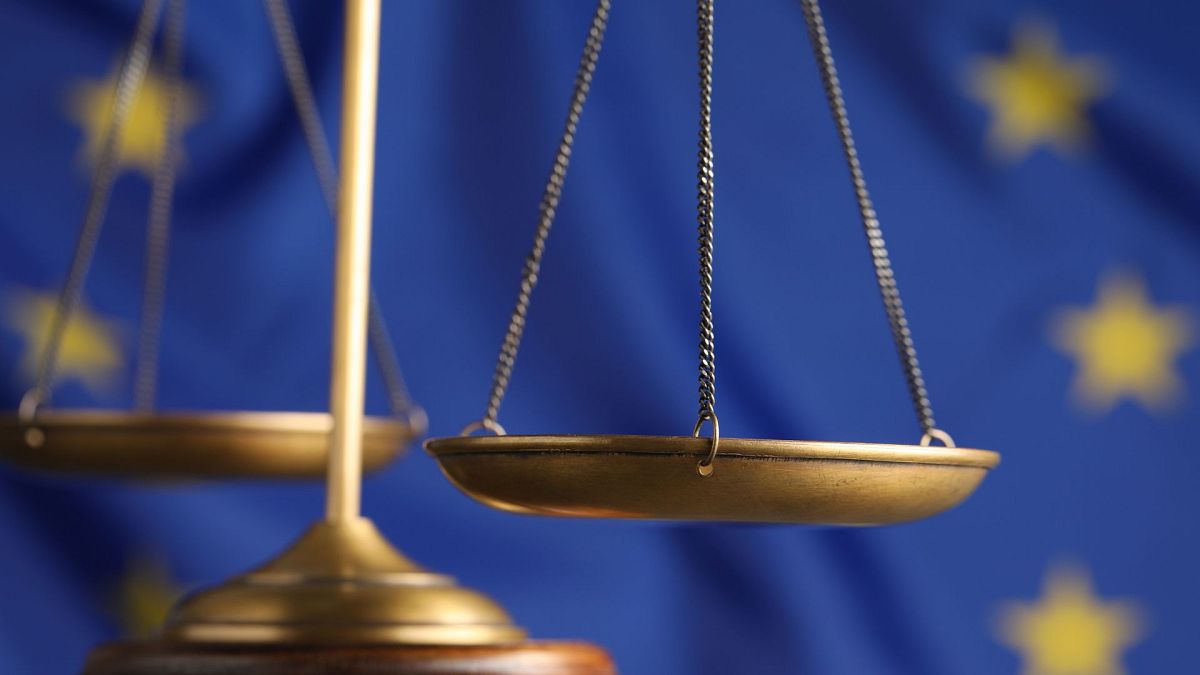European countries are spending a minimal amount on their justice systems compared to other sectors of the public sector, new figures show. The economic difficulties faced due to global factors such as the COVID-19 pandemic and Russia’s invasion of Ukraine have led to financial constraints that have worsened court backlogs and staff shortages in many countries. According to statistics from the Council of Europe’s European Commission for the Efficiency of Justice (CEPEJ), Europe only spends about 0.31% of its GDP on justice, equating to €85.40 per inhabitant per year on average. While wealthier countries like Switzerland, Monaco, and Luxembourg allocate a higher budget to the justice system, less affluent countries like Montenegro, Ukraine, and Bosnia and Herzegovina put a higher percentage of their GDP into justice.
The CEPEJ emphasized that the figures shouldn’t be viewed as a ranking but rather a comparison that highlights trends. Most of the justice budget in Europe goes towards the courts, with about two-thirds allocated to them, while a quarter goes to public prosecution and 11% to legal aid. However, there has been a 16% decrease in legal aid spending since 2020, even as spending on courts and public prosecution has increased. Wealthier countries tend to invest more in legal aid, with an average of 24% of the judicial budget allocated to legal aid compared to just 3% in less wealthy countries. While legal aid is available in all 46 member states, the criteria for eligibility vary, with some countries automatically providing it to specific groups such as victims of domestic violence or asylum seekers.
Despite disparities between countries due to various factors like judicial systems, Europe as a whole has more women judges and prosecutors than men. However, the CEPEJ noted that the glass ceiling for women in high-ranking judicial positions still remains, even though progress is being made. Judges earn on average 2.5 times the national average salary at the beginning of their career and nearly 5 times the average by the end of their career. Similarly, public prosecutors’ salaries are nearly double the national average at the beginning of their career and almost 4 times higher at the Supreme Court level.
In terms of access to justice, 44 Council of Europe countries offer free online access to legal texts and case law, with only three countries not requiring court fees in either civil or criminal cases. The number of courts in Europe is decreasing, but the use of alternative dispute resolution mechanisms and digital solutions is on the rise, leading to enhanced efficiency within the judicial system. The Council of Europe reported that the theoretical time taken to process a case has decreased compared to 2020, especially considering the impact of the COVID-19 pandemic, though this varies depending on the nature of the case and the level of jurisdiction.





















